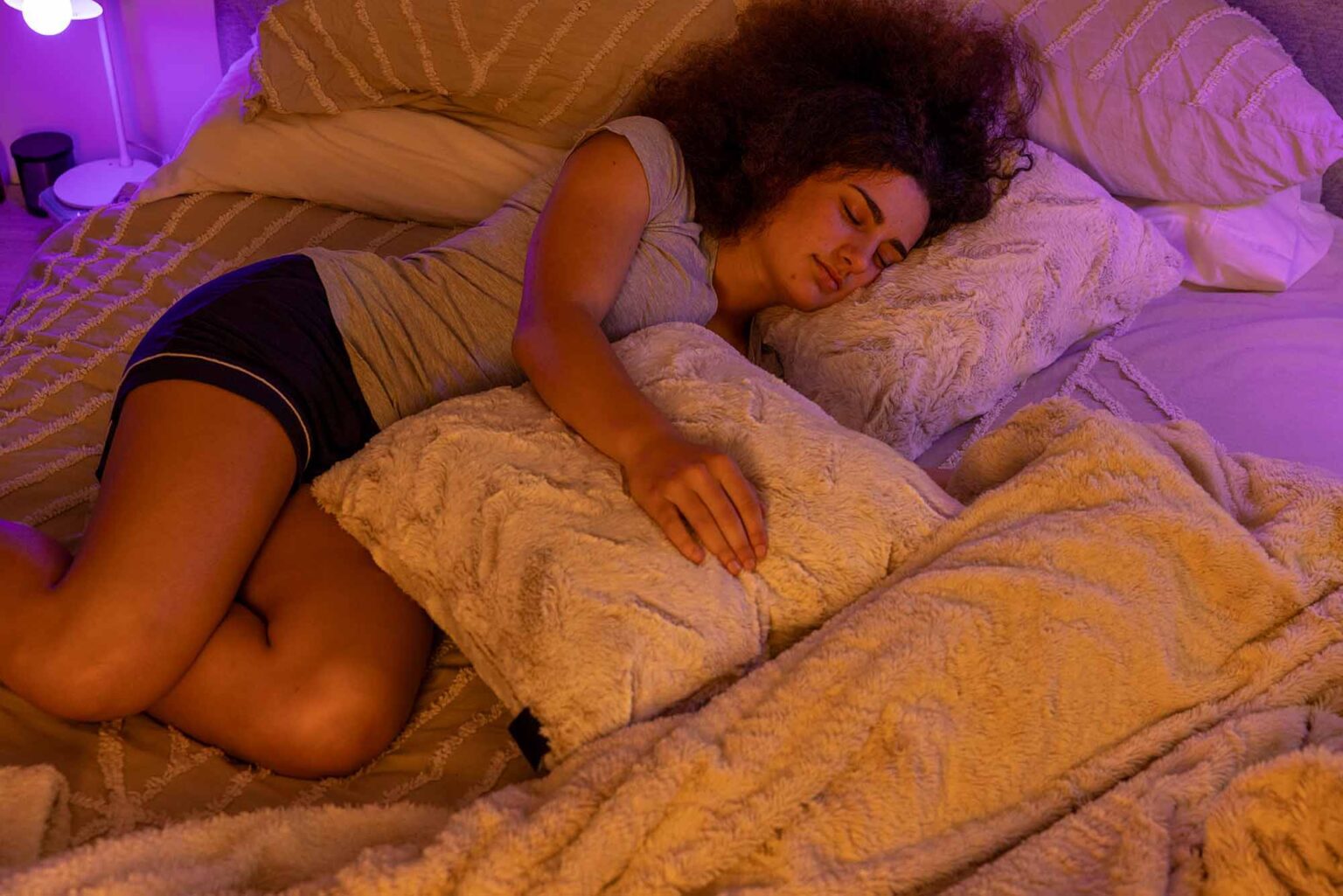Sleep disorders

Types of sleep disorders?
Depression may cause difficulty falling asleep, difficulty staying asleep or waking up too early in the morning. While many people with depression may also suffer from excessive daytime sleepiness and hypersomnia, which is sleeping too much.
Many anxiety disorders are associated with difficulties sleeping. Obsessive-compulsive disorder (OCD) is frequently associated with poor sleep due to thoughts and behaviours associated with OCD i.e. compulsive acts or leaving your sleep environment to reassure yourself. Panic attacks during sleep may suggest a panic disorder. Poor sleep resulting from hyperarousal and repetitive nightmares may be associated with posttraumatic stress disorder (PTSD).
In people with bipolar disorder, sleep patterns change considerably depending on their emotional state. During manic periods, they usually feel less need to sleep, but during depressed periods, they may sleep excessively.
Sleeping problems are common in people with ADHD. They may have difficulty falling asleep, frequent awakenings, and excessive daytime sleepiness. Rates of other sleeping problems, such as obstructive sleep apnea and restless leg syndrome (RLS) also appear to be higher in people with ADHD.
Good sleep habits
- Aim to get to bed and wake up around the same time each day
- Turn off your screens
- Aim to be outside for 30 minutes
- Try to limit how much caffeine you have
- Avoid drinking alcohol before bed
- Exercising during the day
- Your bedroom should be dark, cool (around 16-18°C) and quiet
- Sleep medications are not usually required to help with sleep problems
If symptoms of depression are severe, last for two weeks or more, and affect your functioning at home or at work, please book an appointment with Virtu.
Additional resources
https://www.sleephealthfoundation.org.au
https://headspace.org.au/assets/Factsheets/HSP225-Sleep-Fact-Sheet-DP3.pdf
What next?
Whenever you’re ready, here are 3 ways we can achieve your ultimate wellbeing goals:
- Book an appointment: Whether you're in a bustling city or a remote rural area, our services are just a click away.
- Explore our resources: Let us be your go-to for all things health & wellness. Take a look at our helpful blogs, guides and more.
- Share with a friend: If you know someone who’d benefit from reading this page, share it with them via email, Facebook, X (Twitter), or LinkedIn.



